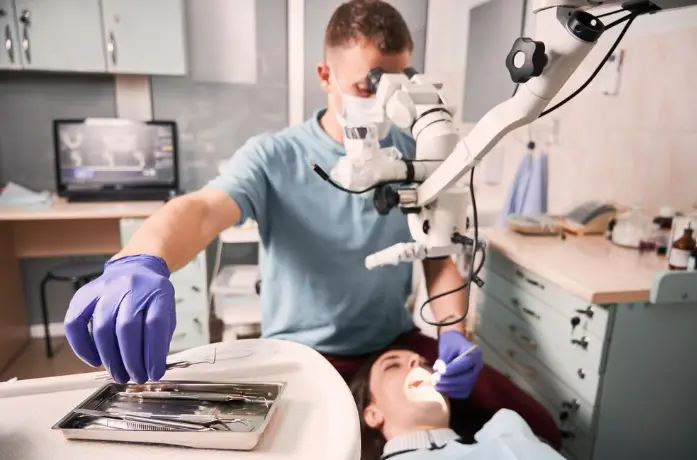The Importance of Having Quality Equipment When You Run a Dental Surgery

Running a dental surgery involves more than just expertise in dental procedures; it requires a significant investment in high-quality equipment. The tools and technology employed in a dental practice can massively influence the standard of care provided to patients, the efficiency of the practice, and the overall success of the business. Here are several key reasons why having quality equipment is essential for any dental surgery.
Enhanced Patient Care
First and foremost, quality dental equipment plays a crucial role in enhancing patient care. Advanced dental tools, such as digital radiography systems and intraoral cameras, provide clearer images and more accurate diagnostics. This precision enables dentists to identify problems that may not be visible with traditional methods, leading to better treatment outcomes. Furthermore, high-quality tools are often designed with patient comfort in mind, minimizing discomfort during procedures. For example, lasers used in dental surgeries can reduce pain and speed up recovery times, thereby improving the overall patient experience.
Increased Efficiency
Efficient dental practices often have one thing in common: high-quality equipment. Modern dental technologies streamline procedures, allowing for quicker treatment times and reducing patient wait times. For instance, CAD/CAM systems enable dentists to design and create dental restorations in-house, eliminating the need for external labs and speeding up the process significantly. By investing in quality equipment, dental surgeries can optimize their workflow, which not only benefits patients but also allows practices to increase their capacity and revenue.
Improved Safety and Hygiene
Infection control is vital for any dental practice. Quality equipment often incorporates the latest advancements in sterilization and infection control, ensuring that tools and instruments are safe for patient use. For example, autoclaves that meet high standards of sterilization help to prevent cross-contamination and the spread of infections. Furthermore, many modern dental tools are designed for easy cleaning and disinfection, which is vital in maintaining a hygienic practice environment. Ensuring patient safety through quality equipment helps build trust and credibility within the community, attracting new patients and retaining existing ones.
Long-Term Cost Savings
While high-quality dental equipment often comes with a higher initial cost, it can lead to huge long-term savings. Durable, reliable equipment is less likely to break down and require costly repairs or replacements. Additionally, quality tools like these dentistry mandrels generally provide better performance and longevity, which means they can stand up to the rigors of daily use in a busy practice. By reducing the frequency of equipment failure and associated costs, dental surgeries can better manage their budgets and resources.
Staying Competitive
The dental industry is increasingly competitive, and patients are becoming more discerning about the quality of care they receive. Having state-of-the-art equipment can set a dental surgery apart from its competitors. Patients are more likely to choose a practice that demonstrates a commitment to using the latest technologies and techniques, as this often translates to higher-quality care. Investing in quality equipment not only attracts patients but also helps to retain them, fostering long-term relationships that benefit both the practice and its clientele.
For any dental surgeon, investing in high-quality equipment is not just a financial decision; it is a commitment to providing the best possible care for their patients and securing the future success of their practice.
